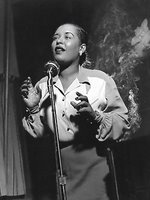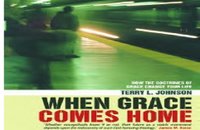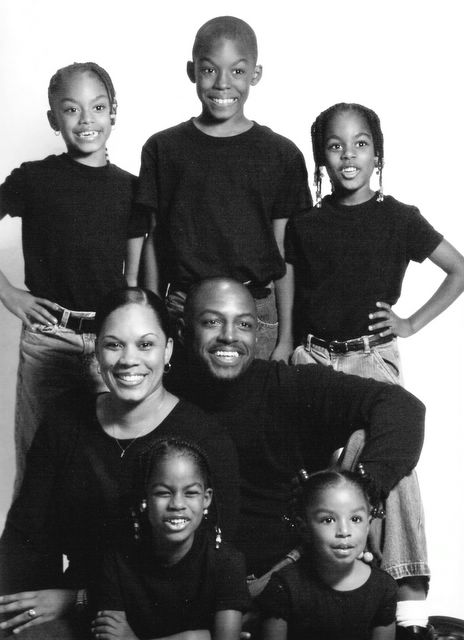 According to reports at the Reformation 21, The Philadelphia Conference on Reformed Theology held recently in Jackson MS, was attended mainly by the World War II generation. From my times at Ligonier's National Conference (which have been plenty), I would tend to give a similar testimony. Obviously this should cause all of us, who have a passion for the continuing influence of Reformed Theology upon the American Christian scene, to pause and be concerned about the perpetuity of these truths. It does appear that the attendees at such conferences are getting older, and there is not a large enough influx of young energetic Reformed lay people coming to these conferences to replace this aging generation. If nothing else, it should spark in those organizers and developers the conversation of what does this trend mean, or as the report at Reformation 21 said, "it should give critical pause for thought as to who might be attending in twenty-five years time." This trend is of particular import to me as I continue trying to articulate a vision for Reformed African-Americans having "our own."
According to reports at the Reformation 21, The Philadelphia Conference on Reformed Theology held recently in Jackson MS, was attended mainly by the World War II generation. From my times at Ligonier's National Conference (which have been plenty), I would tend to give a similar testimony. Obviously this should cause all of us, who have a passion for the continuing influence of Reformed Theology upon the American Christian scene, to pause and be concerned about the perpetuity of these truths. It does appear that the attendees at such conferences are getting older, and there is not a large enough influx of young energetic Reformed lay people coming to these conferences to replace this aging generation. If nothing else, it should spark in those organizers and developers the conversation of what does this trend mean, or as the report at Reformation 21 said, "it should give critical pause for thought as to who might be attending in twenty-five years time." This trend is of particular import to me as I continue trying to articulate a vision for Reformed African-Americans having "our own."In establishing "our own" one of the things we will be establishing is our own legacy. As we seek to set forth Reformed Theology using our own voices, we must have the generations coming behind us in mind. We must speak with a contemporary relevance, and yet with a futuristic vision. We must continually ask the question, "What am I establishing now that uniquely says to my children and grandchildren that I did this for God and them?" Are we establishing churches that are uniquely ours and theirs or are we simply purchasing for them pews upon which they can sit and listen? Are we writing and articulating theology and a worldview that is uniquely ours and theirs or are we satisfied to tell them to read this or that and make application as you can? Will they be able to attend conferences on theology (and not just Mercy Ministry) and be able to see themselves represented and have the confidence to one day be an intricate part as well? In short, are we crossing over the Jordan and yet failing to erect monuments, memorials to God's faithfulness that not only say what God has done, but also demonstrate who and why we are as Reformed Christians who happen also to be African-American? Will the generations to come asks us, "What mean ye these stones?" Or will we too find ourselves holding a Conference on Reformed Theology with mostly gray beards and gray heads? This just may be our legacy if we fail to seize the opportunity to establish "our own".





